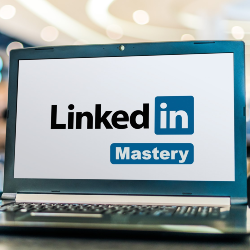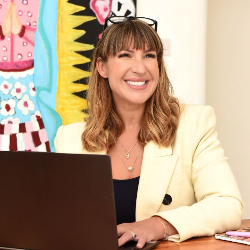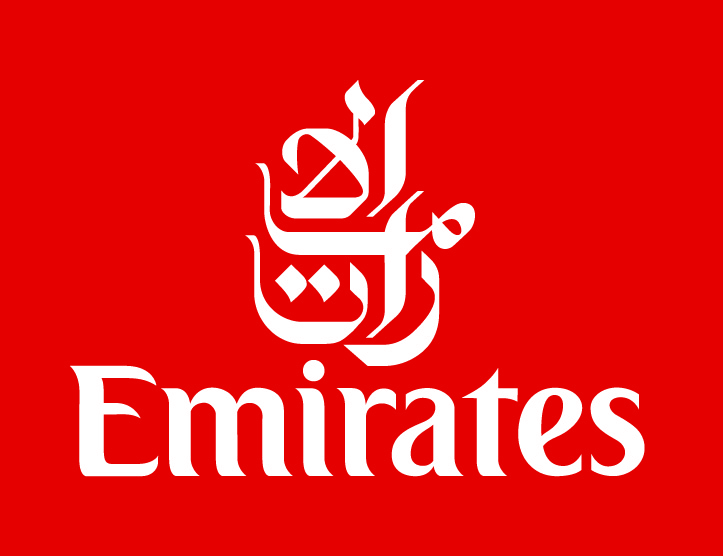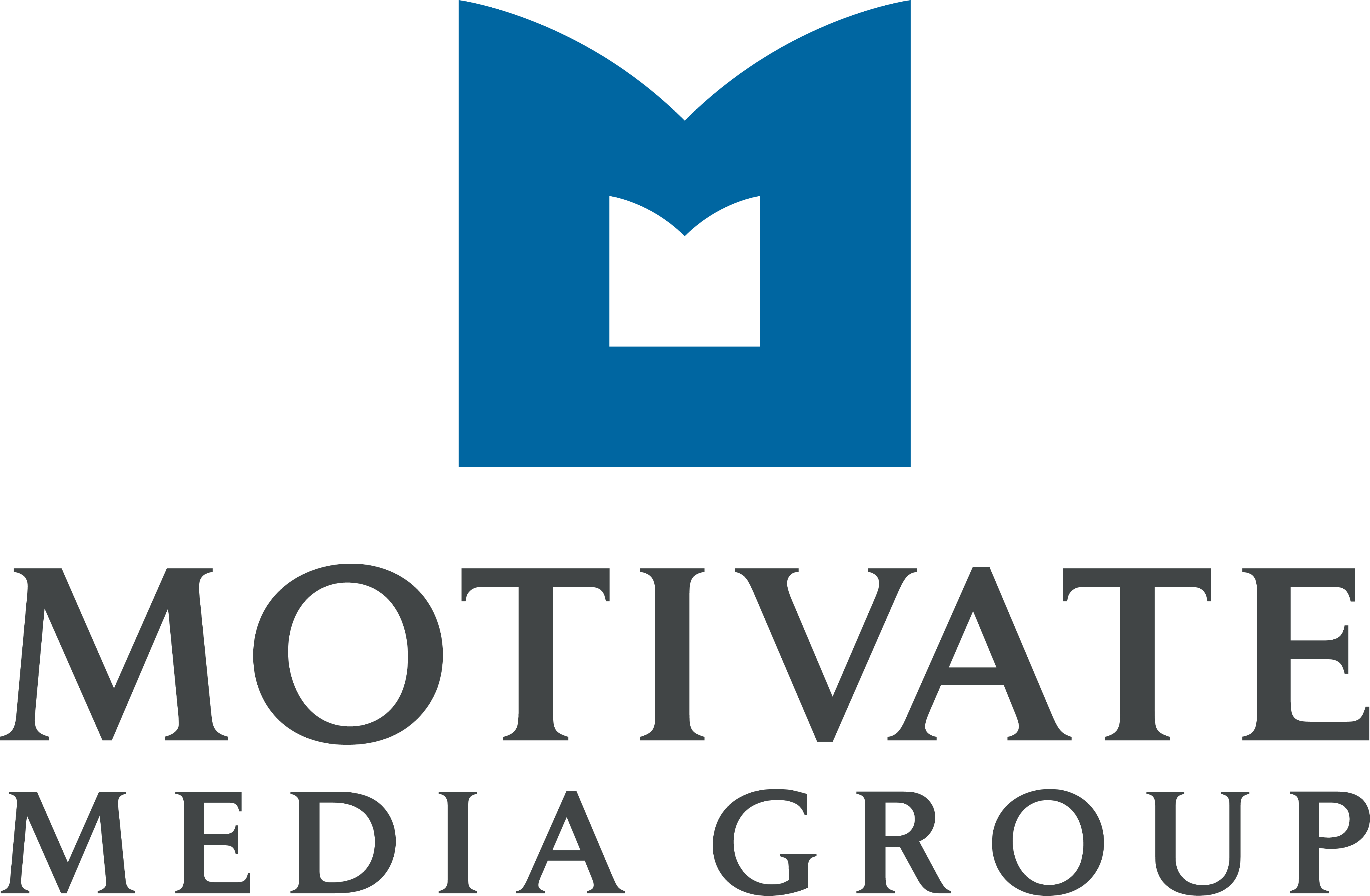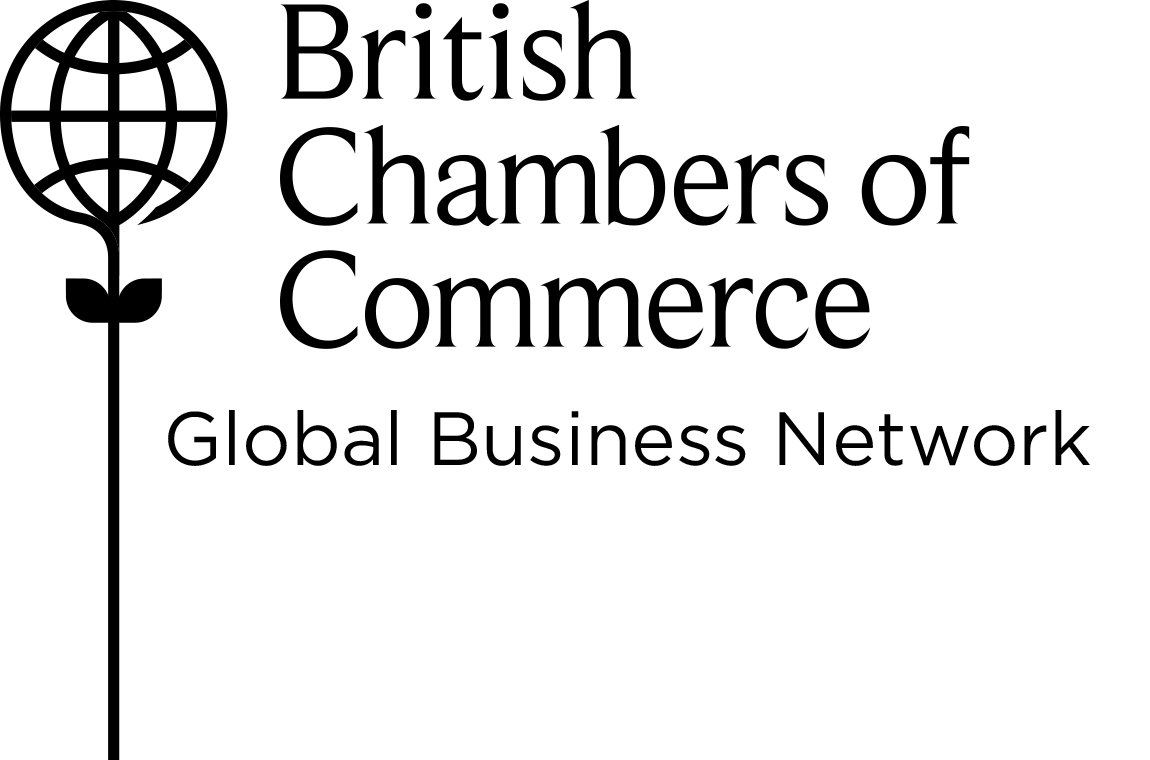Ten lessons learned from ten years in the Middle East
Date Posted:Wed, 30th May 2018
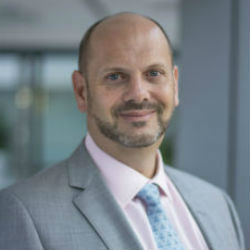
After ten years in Dubai, I thought it might be useful to pass on what I have observed and learned.
Working across the Middle East during this period of unprecedented change, geopolitical and social upheaval and global economic uncertainty has shaped my view of both the region and the world, and this is my executive summary of the ten most common observations that have resurfaced time and time again. They are in no particular order, but are a summary of the most pertinent points that executives need to bear in mind when considering relocating or working in the region in order to be successful. I call it the benefit and gift of contrast:
Everything that glitters is not always gold
The region may have wealth, but this does not mean that you will find it, unless you apply several rules of conduct and are prepared to commit to them for a long period of time: Respect, Trust, Listen, Understand, Learn, Adapt and Embrace.
The Middle East is not one country
The Middle East is a region of diverse countries, but unlike Europe they are united by religion and language. Each has its own heritage, culture, tribal origins, customs, laws and people that all need to be equally respected, understood and embraced. It is wrong to observe the region as one, each has deep roots, beliefs and values that take time to learn and understand how these transcend into the workplace.
Change, results and success are measured in decades
The history of the Middle East is both rich and deep. Change is often perceived through Western eyes to be slow and non-democratic. Look at Dubai, a city that has thrust itself onto the world stage in only 15 years! Dubai is impressive, progressive and inclusive. Progress here is planned and measured in decades and not financial quarters as with a listed company, therefore the perception of time vs. success slows down. To succeed you need to understand and align yourself with the country AND company vision. Its success will be your success, however, if you are using a different measurement matrix, as defined by a corporate HQ elsewhere, you will always find yourself torn between short term results versus long term success.
If you can work and succeed here, you can work and succeed anywhere (but not everyone can!)
I have a phrase: “In the Middle East you get hired on technical competence and ability, but failure normally comes from a lack of cultural intelligence or lack of adaptability”. Usually, the executives I work with have been highly successful in other parts of the world, but sometimes fail in their ability to adapt both their technical expertise and leadership style to the region. This is a broad and deep topic which is critical to success.
Managing and leading in a multicultural, multilingual environment – Dr. Doolittle leadership:
As with the above points, once you understand the agenda, the strategy and the plan, you will need to execute this through a team of people with extremely varied values, expectations, beliefs and standards. This means that you need to communicate and lead by seeking first to understand the underlying motivation of others and what will drive and inspire them. Crack this and you may be halfway there! Language, culture and values are all huge opportunities for self-learning.
Trust is more important than transactions – What is NOT seen, said or heard is often more important
The West is a transaction orientated and driven society, all about achieving deadlines, KPI’s, outcomes, results and winning, often at the expense of the other party. The Middle East is all about trust, relationships and achieving success together, and also recognising when is the time to walk away. Knowing when to ‘lose the battle to win the war’ will hold you in good stead.
West is not necessarily best: – Listen vs. Tell or Sell
Importing global or Western ideas and best practice is important to a region that is rapidly growing and struggling to adopt corporate government, transparency and compliance for the first time. Democracy is not always the solution to everything. Skills and knowledge transfer is required and not always easy. Forcing ‘West is Best’ principles however, will not always work without first understanding what the real underlying issues are, the pain points and the objectives.
Developing a National agenda is critical – Putting the future of the region is in the hands of the people
Unlocking human potential is critical to engaging, motivating and inspiring a young, rapidly growing and expectant population. In order to add value, each expatriate needs to embrace this and plan to develop local talent into senior leadership roles.
Productivity, profit or philanthropy - Saving face is sometimes more important
Pursuing a Western or even Eastern philosophy of improving productivity and in turn profit is surely an obvious win for any business. Or is it? That may be part of the agenda, but not always the current or critical one. Preservation of capital, assets and employment may be at the expense of profit and efficiency, however, the outside attitude is always to drive cost down, to drive profit up, often at the expense of people. Given the family orientation, trust and loyalty required, some company founders would often sacrifice profit over people. So, who is to say, or judge, that this is the wrong strategy? Saving face is a very important part of the culture, so seek to understand what the real corporate agenda is and whether it is productivity, profit or philanthropy that is most important right now.
Religion and family are more important than business – Who has their priorities straight?
I often draw an inverted triangle to represent the Middle Eastern perspective of ‘Maslow’s Hierarchy of Needs.’ Religion would be at the top, then family, and then business. However, in the Western culture, it would be completely reversed, with business taking the lion’s share of an executive’s time and energy, then family, and religion probably last. Not to say that either model is right or wrong, however, you may find you are coming at things from a polar opposite direction by not understanding what is actually important locally. The West may think it is ahead of the curve in business terms, but this has been at the expense of families, health, charity and caring for the sick or elderly. The Middle East approach would suggest that the Western approach is skewed and not balanced enough. You decide…
When hiring people for the Middle East, I go to great lengths to explain these differences and to coach executives on how they may need to shift their perspective in order to adapt, succeed and fully embrace and thrive in the region - hopefully saving them from the mistakes and misunderstandings that many have experienced before them.
Maybe ten years in the region only part-qualifies me to comment, and with that I admit that I am still learning, but feel duty bound to pass on this applied knowledge at this fascinating crossroads in time. I will continue to expand on these topics going forward and I look forward to perhaps being fully ‘qualified’ or ‘enlightened’ by 2026 after another 10 years! Inshallah…

